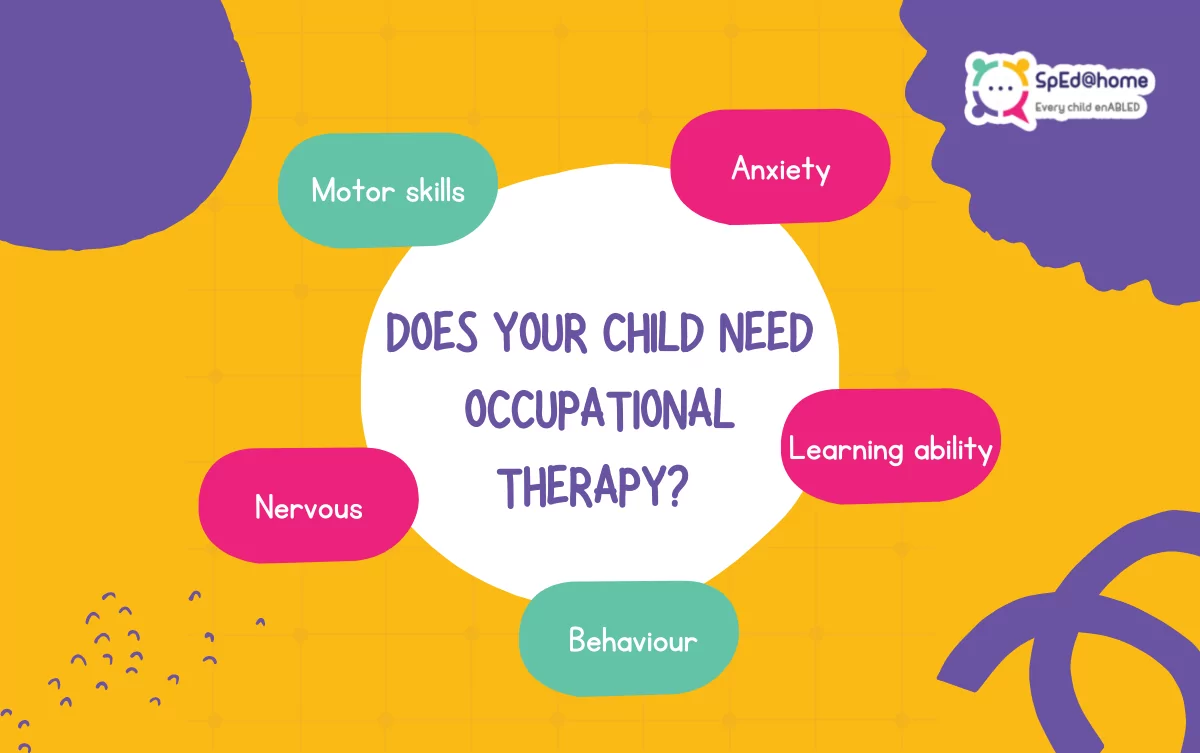Specialist-Led Assessment for Neurodevelopmental Disorders
Children with neurodevelopmental disorders such as Autism Spectrum Disorder (ASD), ADHD, or learning disabilities require precise and expert evaluation to understand their needs. A specialist-led assessment for neurodevelopmental disorders ensures accurate diagnosis, tailored interventions, and effective support for children to thrive academically, socially, and emotionally.
What Is a Specialist-Led Assessment?
A specialist-led assessment is a comprehensive evaluation conducted by trained professionals such as child psychologists, neuropsychologists, pediatric neurologists, or special educators. Unlike general assessments, these evaluations focus on understanding the neurological, cognitive, behavioral, and emotional aspects of the child’s development. The process provides detailed insights into the child’s strengths, challenges, and specific support requirements.
Why Specialist-Led Assessments Are Important
- Accurate Diagnosis: Ensures precise identification of neurodevelopmental disorders.
- Early Intervention: Timely assessment allows interventions to start early, improving long-term outcomes.
- Individualized Support: Provides guidance for personalized learning, therapy, and behavioral strategies.
- Holistic Understanding: Evaluates cognitive, academic, behavioral, social, and emotional development.
Signs That a Child May Need Assessment
- Delays in speech or language development
- Difficulty with attention, focus, or impulse control
- Challenges in social interaction or understanding social cues
- Repetitive behaviors, sensory sensitivities, or restricted interests
- Inconsistent academic performance despite effort
- Behavioral or emotional challenges impacting learning
Recognizing these signs early helps ensure children receive the support they need before difficulties escalate.
How Specialist-Led Assessments Work
- Initial Screening: Parents provide detailed developmental history and observations of the child’s behavior.
- Standardized Testing: Specialists use evidence-based tools to assess cognitive, academic, behavioral, and social-emotional skills.
- Observation: Children are observed in structured activities to evaluate interactions, responses, and problem-solving skills.
- Interviews: Discussions with parents, teachers, and caregivers provide additional context and insights.
- Comprehensive Report: Specialists provide a detailed report highlighting strengths, challenges, diagnosis (if applicable), and tailored recommendations for intervention and support.
Benefits of Specialist-Led Assessments
- Targeted Interventions: Enables creation of individualized education plans (IEPs) or therapy programs.
- Parental Guidance: Provides actionable strategies for home support.
- School Collaboration: Helps educators implement effective classroom accommodations.
- Improved Outcomes: Early and precise intervention enhances academic, social, and emotional development.
Final Thoughts
A specialist-led assessment for neurodevelopmental disorders is essential for children who show signs of developmental, learning, or behavioral challenges. Expert evaluation ensures accurate diagnosis, personalized support, and a clear roadmap for growth. With timely intervention and tailored strategies, children with neurodevelopmental disorders can thrive academically, socially, and emotionally, unlocking their full potential.
Meta Description: Specialist-led assessments for neurodevelopmental disorders provide accurate diagnosis, early intervention, and personalized support for children’s growth and learning.


